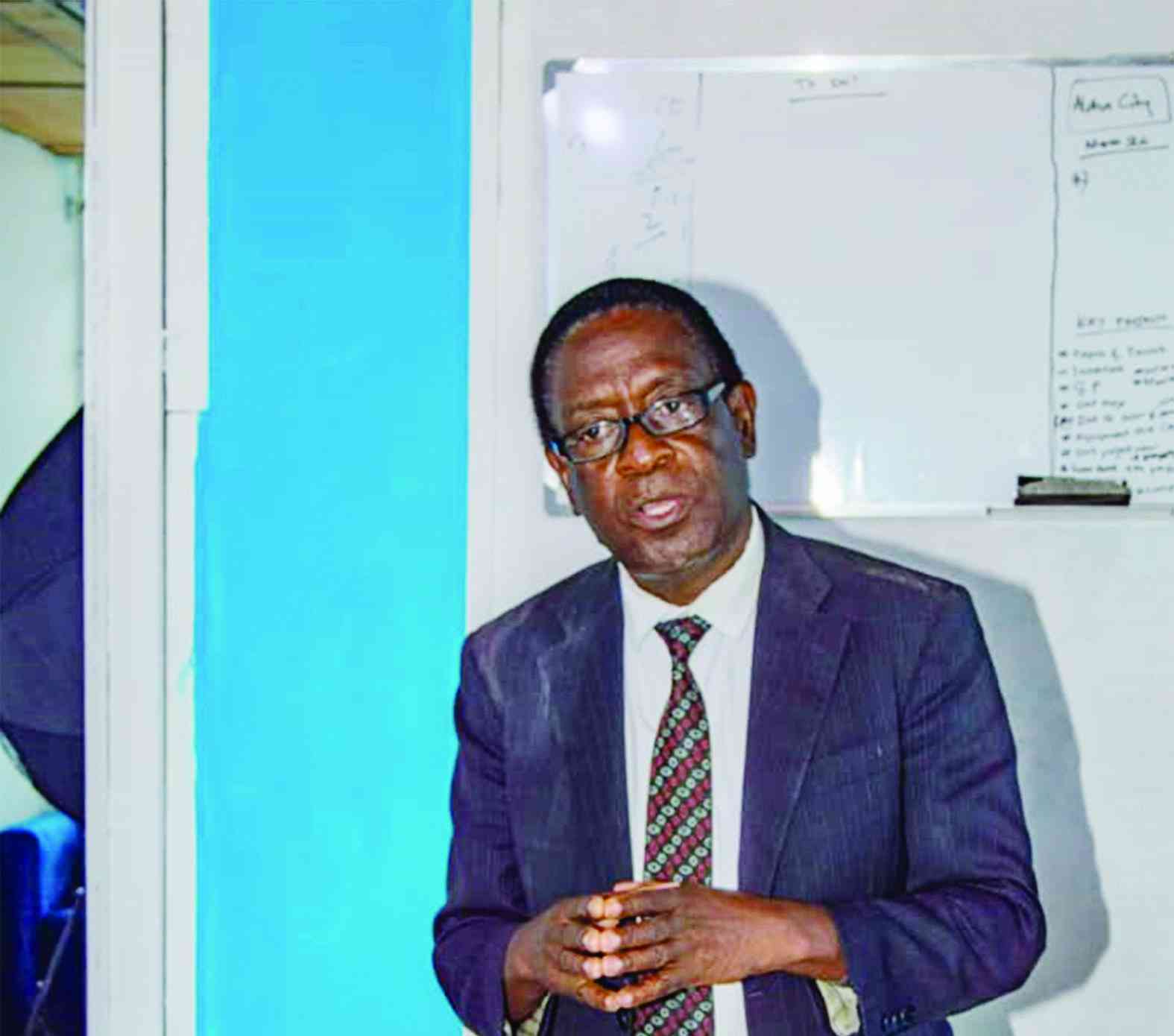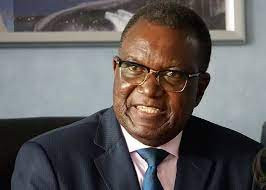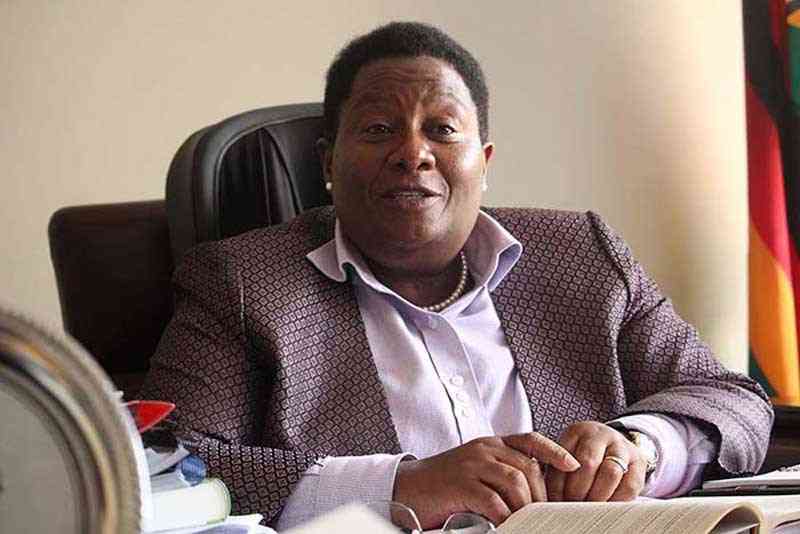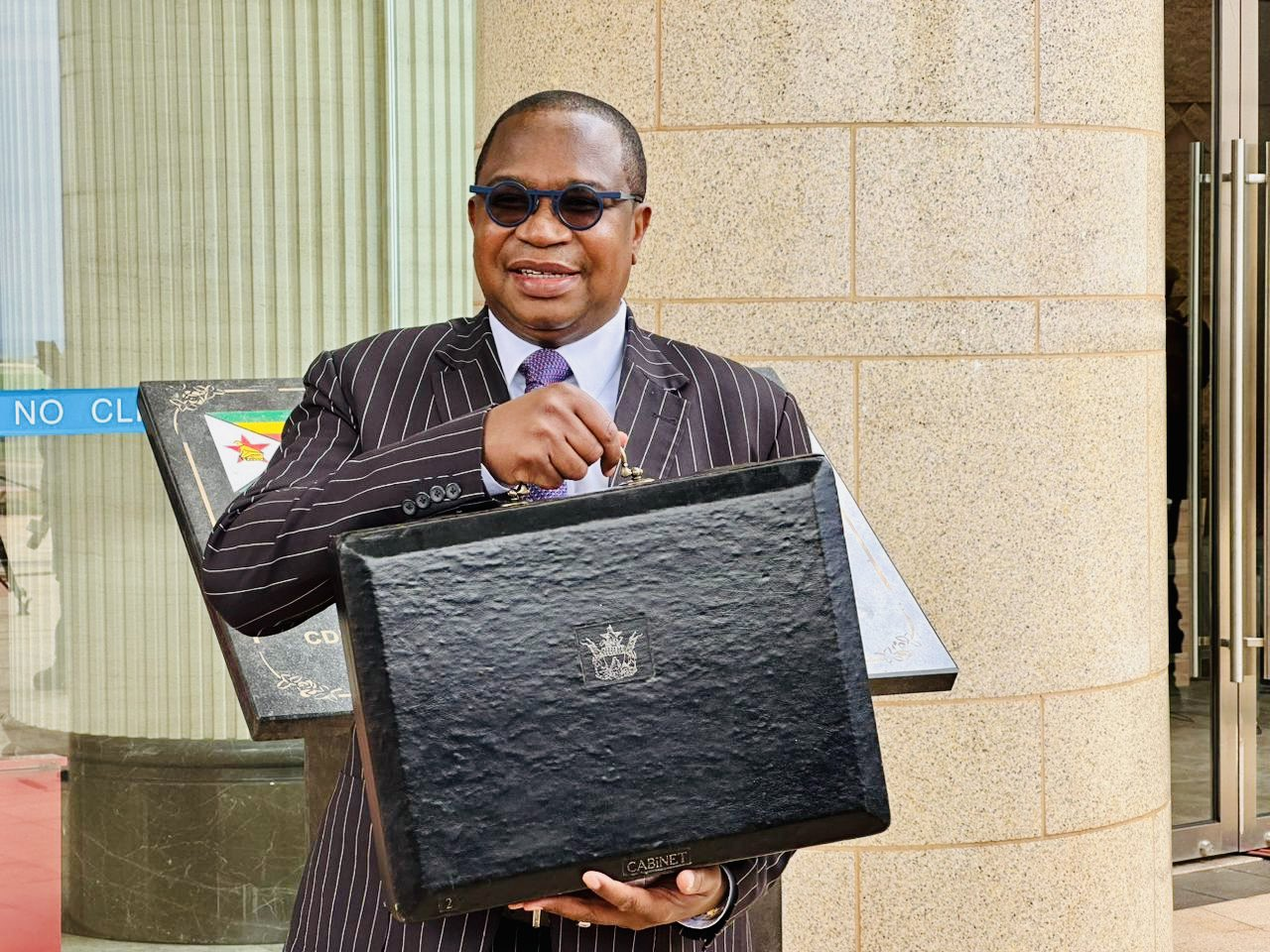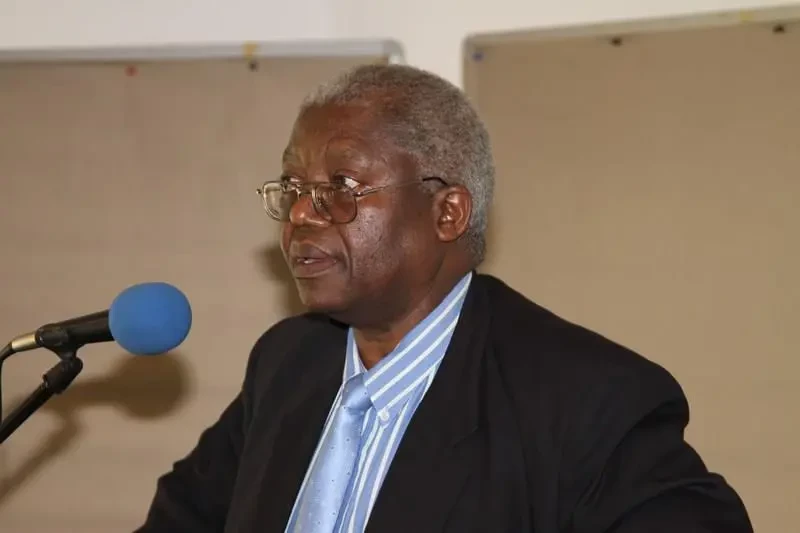
FORMER Harare mayor Muchadeyi Ashton Masunda has bemoaned the appointment of unskilled councillors to boards of directors for the city’s business units, formerly owned by Harare Sunshine Holdings (HSH) (Pvt) Limited.
HSH managed the city council businesses, including City Parking and the Harare Quarry.
The business units have been dogged by allegations of corruption dating back to 2013 and were recently disbanded after failing to declare reasonable dividends.
The business units are now directly under the council.
Masunda was speaking during public hearings convened by the commission of inquiry chaired by former High Court judge Justice Maphios Cheda.
President Emmerson Mnangagwa appointed the commission to look into the Harare City’s accounting systems and financial affairs for the last seven years.
Masunda called for a committee system in running of the city’s business units instead of appointing “unskilled” councillors as board members.
“Then once you have agreed on the respective specs, then you start looking for the individuals. But the councillors that were then appointed onto the boards of those two companies, City Parking and Harare Quarry, they, as I said earlier, were not necessarily endowed with the skills that were required for the sustainable operations of those businesses.
- Gweru in another parking fees hike
- Press Statement: Editorial independence is sacrosanct at AMH
- Harare’s City Parking now accepting EcoCash USD payments
- Uproar over Harare’s hefty vehicle clamping, tow away fees
Keep Reading
“This then takes us to the committee system. But a certain complement of councillors that were more, I suppose, interested in the business side of the city’s operations, they, in their infinite wisdom, or lack thereof, felt that they needed to be an integral part of that,” Masunda said.
“So, we had a situation now where some of the councillors offered themselves to serve on the board of directors of City Parking when they may not have been suitably qualified to do so.”
He said the councillors created problems that should not have arisen.
“Just from a corporate governance perspective, Mr Chairman and commissioners, because any company, depending on the nature of its core business, that company, for it to be able to operate on a sustainable basis, it has to be run by people that are qualified to run the company. And the board members ought to have the capacity to serve the needs of the company,” he said.
Masunda stressed the advantage of working with the private sector, which increases revenue as compared to government’s involvement in the city council’s work.
“It emerged from the recommendations that came out of this survey that if the city were to privatise the operations of what is now City Parking, there’s a lot of revenue that could be leveraged in that way.
“And, indeed, it turned out to be so. So, essentially, what then happened was an appreciation of the fact that government and quasi-government entities are not as ideally suited towards running commercial enterprises; a board was put in place to run the City Parking initiative,” he said.
Masunda urged the commissioners to consider employing university graduates as directors for the city council business units.
“Then these students, young turks, as I described them, could be seen through university. Then they come back and serve the city. I hate to use this word because they would have been bonded to the city.
“These kids, when they come out of university, they won’t be loitering on the streets without jobs.
“They’ll go straight into jobs. And what they would then do is to serve the needs of the councillors that are on all these committees.
“I think we would be unduly optimistic to expect councillors to go through that board pack, because it is not part of their DNA to go through those voluminous documents.
“So these young turks that I’m talking about, it would be their job to synthesise those voluminous board packs and reduce them maybe to not more than two or three pages maximum.”
He said the councillors still had ownership of the businesses and could make meaningful contributions at the full council meetings held every month.
“Because, Mr Chairman, one does not have to be a rocket scientist to tell, like I was able to tell, at every council meeting I could tell that councillor so-and-so has not read the pack, so-and-so hasn’t read the pack,” Masunda said.


